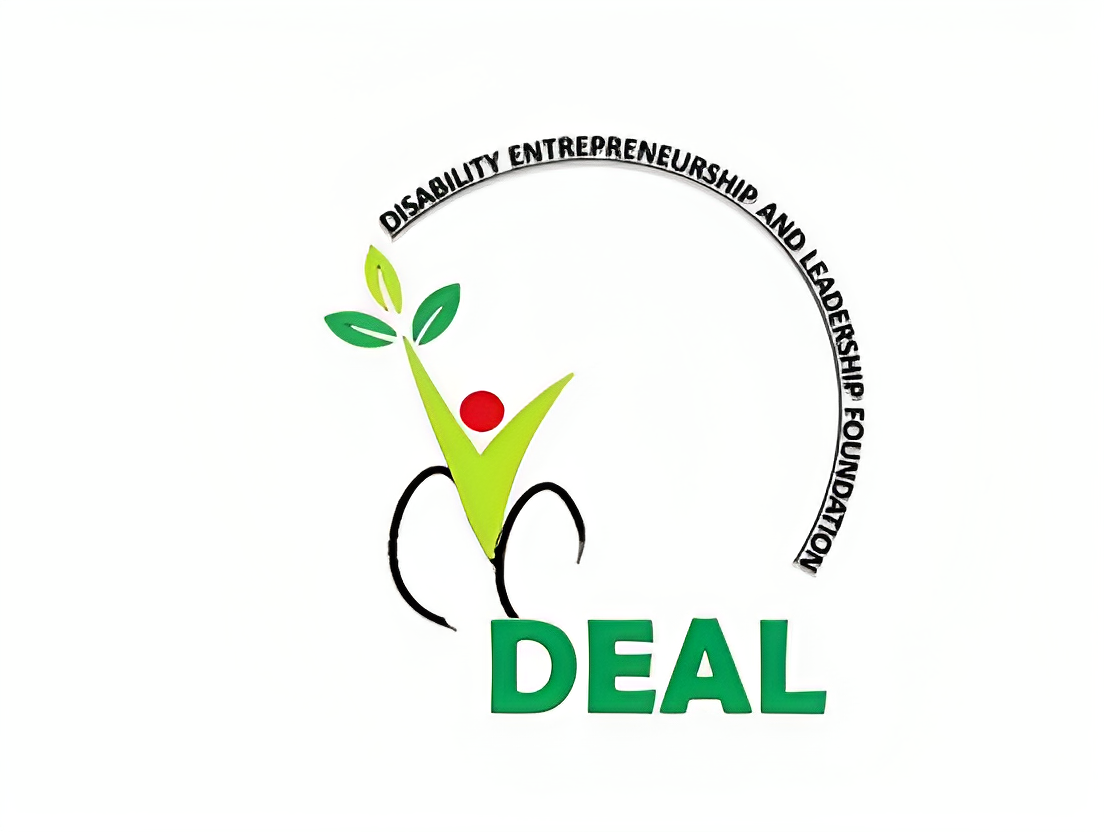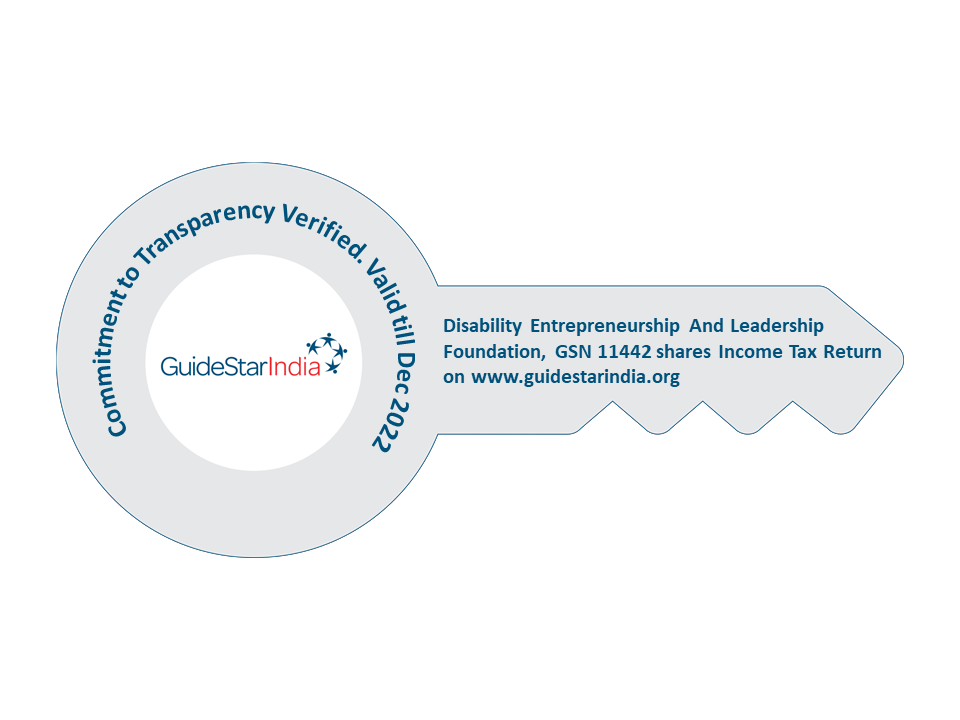We are all aware of the saying that agriculture is the back bone of Indian economy. Most population of the rural areas are dependent on agriculture for their livelihood. Around 70% of the world’s population is dependent on the food produced by small holder farmers.
However many such farmers are faced with challenges such as lack of services, markets and assets, which has a large impact on their livelihood and leaves them vulnerable. While digital solutions have been transforming to make the lives of such farmers much more convenient and less complicated, Yet, many farmers are still being excluded from the benefits that digital agriculture solutions can offer including female and elderly farmers, those with disabilities and farmers with low literacy levels.
This blog will mainly focus on the barriers faced by farmers with disabilities.
As per the social model of disability the barriers faced by disabled farmers are of three broad categories:
- Attitudinal barriers:
Attitudinal barriers are also a huge hindrance to the development of farmers with disabilities. These barriers are mainly defined as the behaviours, perceptions and actions that organisations or communities use to discriminate farmers with disabilities. This often happens due to lack of awareness of disabilities which could create unnecessary challenges. Most organisations do not know the way to communicate effectively with persons having a disability hence making it lot more difficult for disabled farmers to make bargains or sell their produce.
- Systemic barriers:
Systemic barriers are procedures, policies and practices that do not take farmers with disabilities into account and therefore exclude them from effective and equitable participation in value chain activities.
These barriers include:
Lack of disability inclusion in agricultural activities by agro businesses and the government. For instance, (through agricultural extension programmes), and the way policies are made that exclude farmers with disabilities. Policies discriminate against people with disabilities, and often restrict them from accessing loans and opening bank accounts).
Systemic barriers is also witnessed because not always all organizations recognize agriculture to be one of the major life sustaining activities for farmers with disabilities.
Also, many financial institutions fail to trust persons with disabilities or have services that persons with disabilities cannot meet. For instance formal identification, which results in programmes are often in inaccessible formats causing farmers with disabilities to be dependent on others.
- Environmental barriers:
Finally these farmers also face environmental barriers these could include both lack of physical and digital infrastructure that prevents these farmers from participating in agricultural activities. For instance, lack of adequate training, transport, storing and marketing agricultural products etc.
(Source: www.gsma.com}
Disability Entrepreneurship And Leadership (DEAL) Foundation) works across the districts of Gadag and Bengaluru. The main goal of the foundation is to promote sustainable livelihood opportunities for persons with disabilities.
As agriculture is one of the major life sustaining activity, we work to eliminate the barriers faced by persons with disabilities in agriculture and help them achieve sustainability.
For any questions one might have regarding the blog, please write to us at info@deal-foundation.com
And to know more about the work we do, please log on to www.deal-foundation.com


 Awarded by Guidestar India
Awarded by Guidestar India